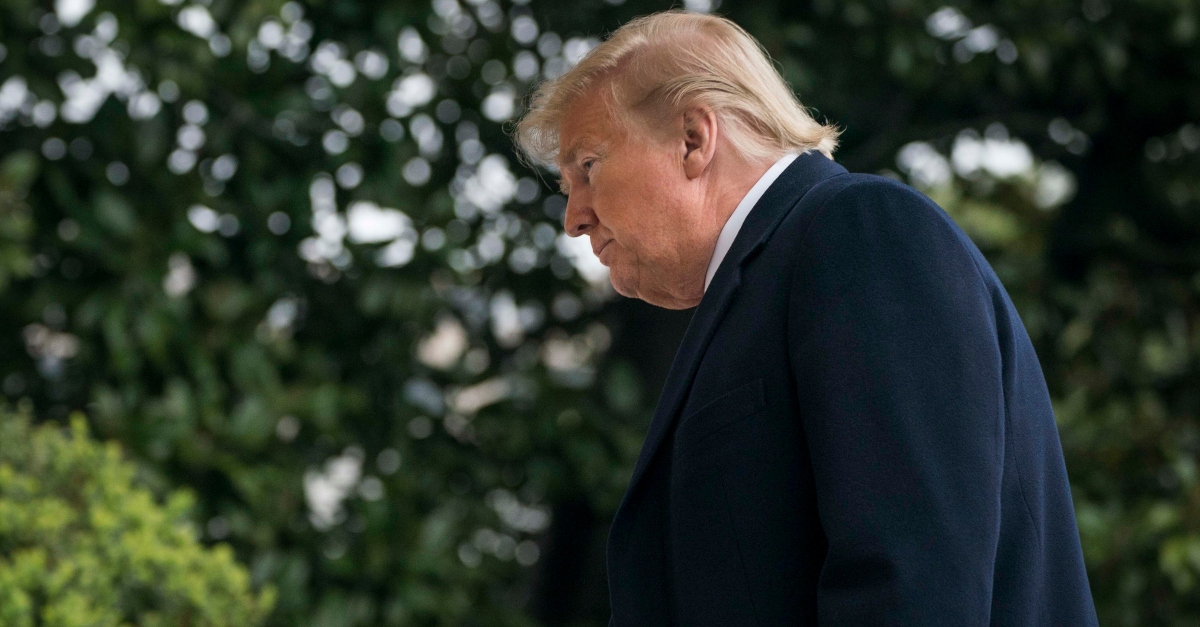
Donald Trump
President Donald Trump has walked back his earlier pitch for quarantining the states of New York, New Jersey, and Connecticut. Instead, he said he asked the Centers for Disease Control and Prevention to issue a “strong Travel Advisory.”
The CDC issued a travel advisory for the tri-state area Saturday night.
“Due to extensive community transmission of COVID-19 in the area, CDC urges residents of New York, New Jersey, and Connecticut to refrain from non-essential domestic travel for 14 days effective immediately,” they wrote in a statement. “This Domestic Travel Advisory does not apply to employees of critical infrastructure industries, including but not limited to trucking, public health professionals, financial services, and food supply.”
Those laborers were considered “employees of critical infrastructure” under a Department of HOmeland Security definition.
“The Governors of New York, New Jersey, and Connecticut will have full discretion to implement this Domestic Travel Advisory,” said the CDC.
Professor Elizabeth Joh, of UC Davis School of Law, described the president’s change of heart like this.
Law&Crime previously took a look at the legal authorities that Trump might cite to enforce quarantines in the tri-state area. Some experts saw this as a very difficult, fraught question under the law and case law.
“Courts are going to defer to a considerable extent, I’m quite sure,” wrote Professor Bobby Chesney of the University of Texas School of Law. “Might Trump still lose in court if there’s enough evidence he’s acting instead out of spite vs. political opponents? In theory, sure, but as Travel Ban litigation showed, that’s a difficult pathway. Meanwhile, might there at least be a stay? There’s irreparable harm both ways, alas. I’d bet on the health interest prevailing for stay purposes, but who knows.”
At least one dismissed the idea of a legal, statewide quarantine, however. Prolific Trump critic Laurence Tribe, a Harvard law professor, said that federal statutory authorities to quarantine was limited to individuals, but not an entire state.
Jerry Lambe contributed to this report.
[Image via Sarah Silbiger/Getty Images]